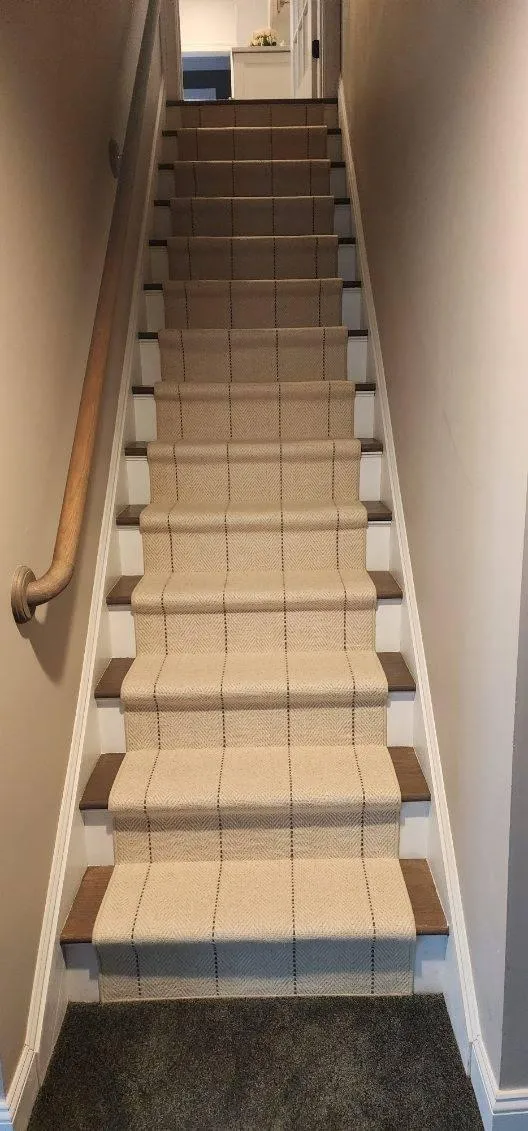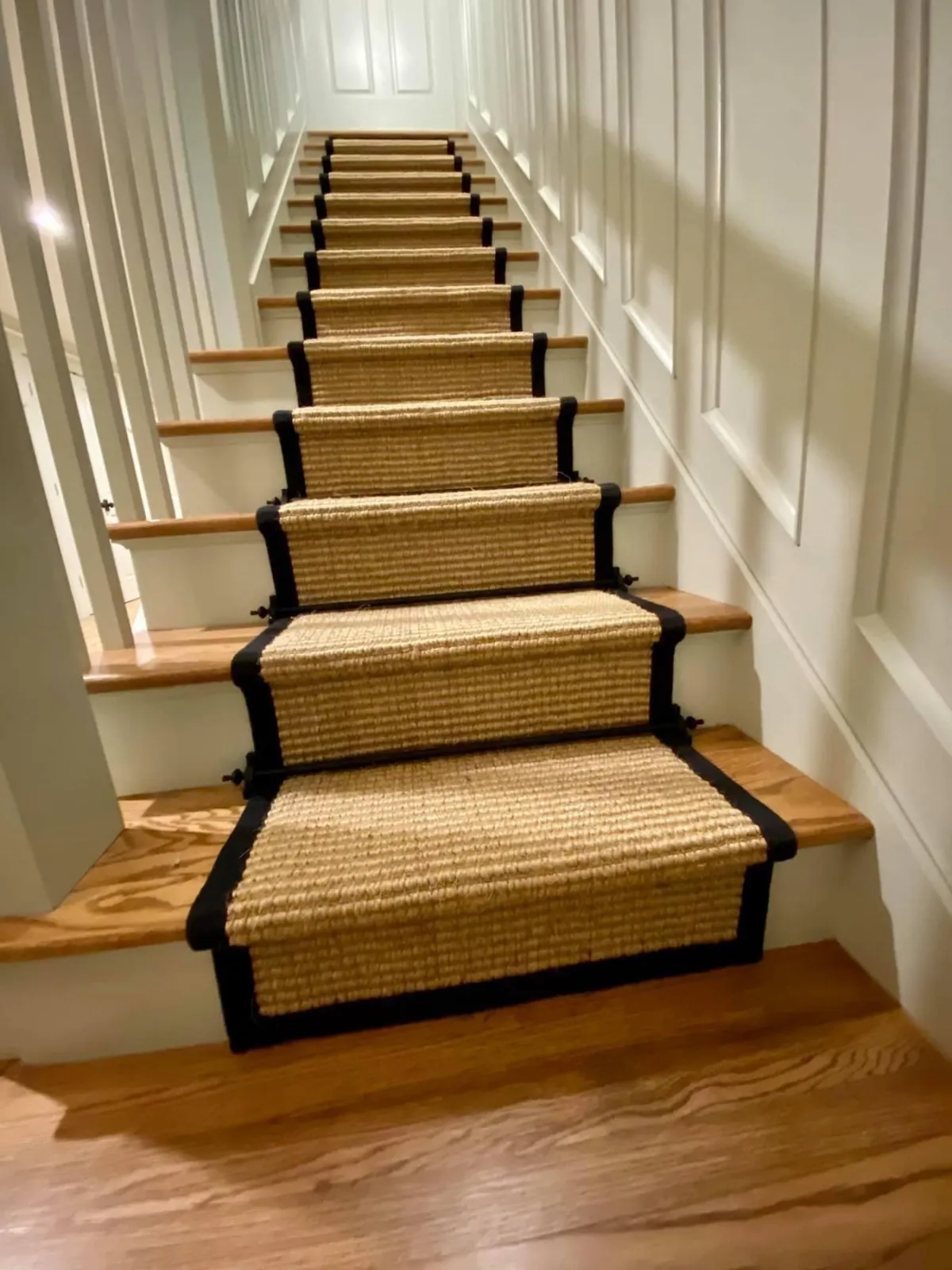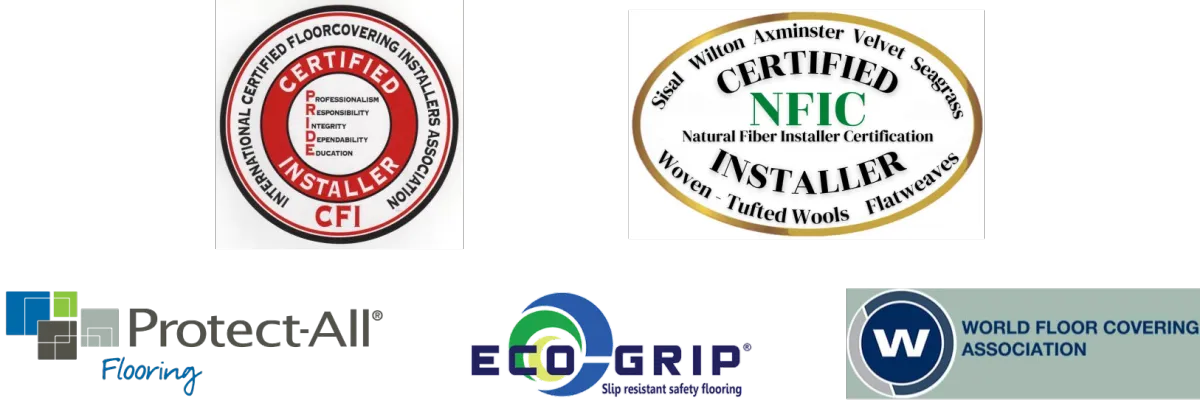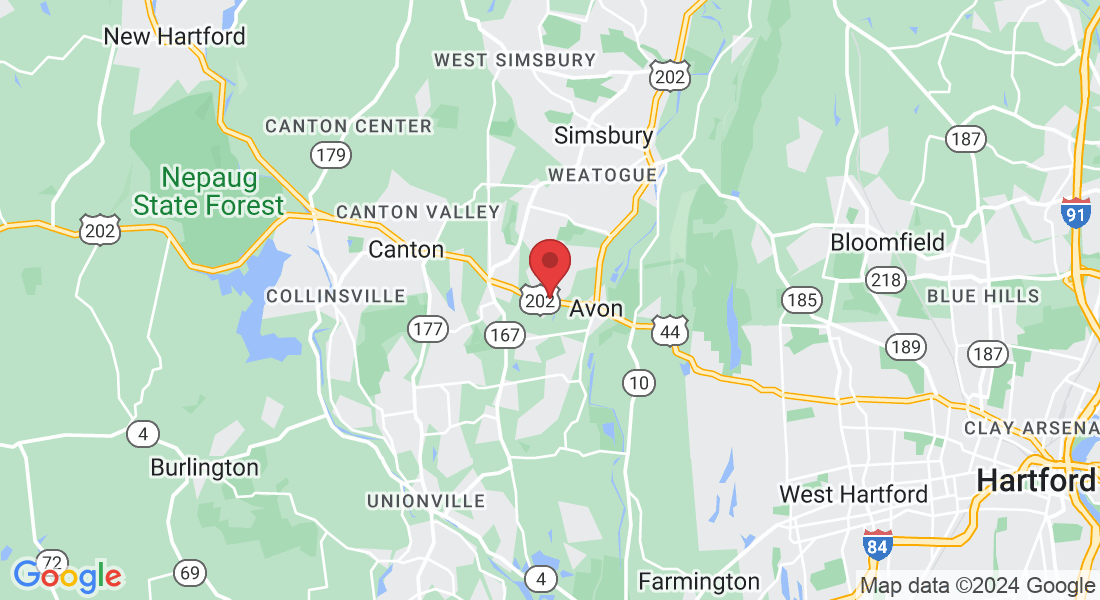Carpetland of New England by DFP LLC
YOUR TRUSTED flooring installation SERVICE IN New England
We offer everyday discounts for Seniors (65 and over), Veterans and Active Duty Service Members and First Responders. Ask your Sales Associate for details.
(Mention This Page To Lock In Your Offer)
Discount is on material goods only and does not apply to: Finishing of Custom Pieces, shipping, taxes or labor costs. Can not be combined with any other offer. Eligibility may require verification.
Contact Us
THE TRUSTED FLOORING INSTALLATION SERVICE IN New England
For years, we've been dedicated to enhancing homes and businesses throughout New England with our exceptional flooring installation services. Our commitment is straightforward: "Elevate Your Floors, Enhance Your Space." We prioritize top-notch craftsmanship, customer care, and quality materials to transform every project into a masterpiece. Whether it's installing carpet, hardwood, LVP, sheet vinyl, laminate or other flooring types, we take pride in every installation. Our advanced equipment and skilled team reflect our dedication, and our satisfied clients across New England attest to our commitment to excellence. Discover why your neighbors trust Carpetland of New England by DFP LLC for all their flooring needs!
Commercial & RESIDENTAL flooring installation Services Available
Green Label Carpet Solutions for New England Homes
Worried about indoor air in New England? Discover how Green Label carpet from Carpetland of New England by DFP LLC boosts air quality and comfort. Call today! ...more
Professional Carpet Installation Services
January 17, 2026•undefined
Wool Carpet Solutions for New England Homes
Endure New England’s climate with wool carpet from Carpetland of New England by DFP LLC. Discover cozy, durable, eco-friendly flooring. Schedule your appointment today! ...more
Professional Carpet Installation Services
January 10, 2026•undefined
Hardwood vs. Laminate Flooring Guide for New England Homes
Deciding on hardwood vs. laminate flooring? Discover New England’s best options with Carpetland of New England by DFP LLC. Learn pros, cons, & get expert advice! ...more
Professional Carpet Installation Services
January 03, 2026•undefined
Best Flooring Store Near Avon CT
Looking for the best flooring store near Avon CT? Discover Carpetland of New England by DFP LLC—expert solutions for New England homes. Call for a free consult! ...more
Professional Carpet Installation Services
December 27, 2025•undefined
Eco-Friendly Flooring for New England Homes
Discover eco-friendly flooring for New England homes with Carpetland of New England by DFP LLC. Learn how sustainable solutions fit Connecticut’s climate. Call today! ...more
Professional Carpet Installation Services
December 20, 2025•undefined
Wool Carpet Benefits for New England Homes
Struggling with flooring fit for New England weather? Discover wool carpet benefits from Carpetland of New England by DFP LLC. Call for expert solutions! ...more
Professional Carpet Installation Services
December 13, 2025•undefined

Custom Stair Runner Solutions for Your Home - Enhance Your Staircase Today!


What Customers Are Saying
Carpetland of New England by DFP LLC is a Lifesaver!
"I recently engaged Carpetland of New England by DFP LLC for flooring installation services, and I couldn't be happier with the results. Their team was efficient, professional, and left my home looking stunning – I highly recommend them for anyone in need of top-quality flooring solutions!"
Why Choose Carpetland of New England by DFP LLC



LOCATION
Carpetland of New England by DFP LLC
176 West Main Street
Avon, CT 06001
Main Office: (860) 431-3471
SHOWROOM HOURS
Monday: By Appointment
Tues - Fri: 10:30am - 4:00pm
Saturday: 10:30am - 3:00pm
Sunday: By Appointment
QUICK LINKS
COPYRIGHT © 2023
ALL RIGHTS RESERVED. // PRIVACY POLICY // TERMS AND CONDITIONS



Facebook
Instagram